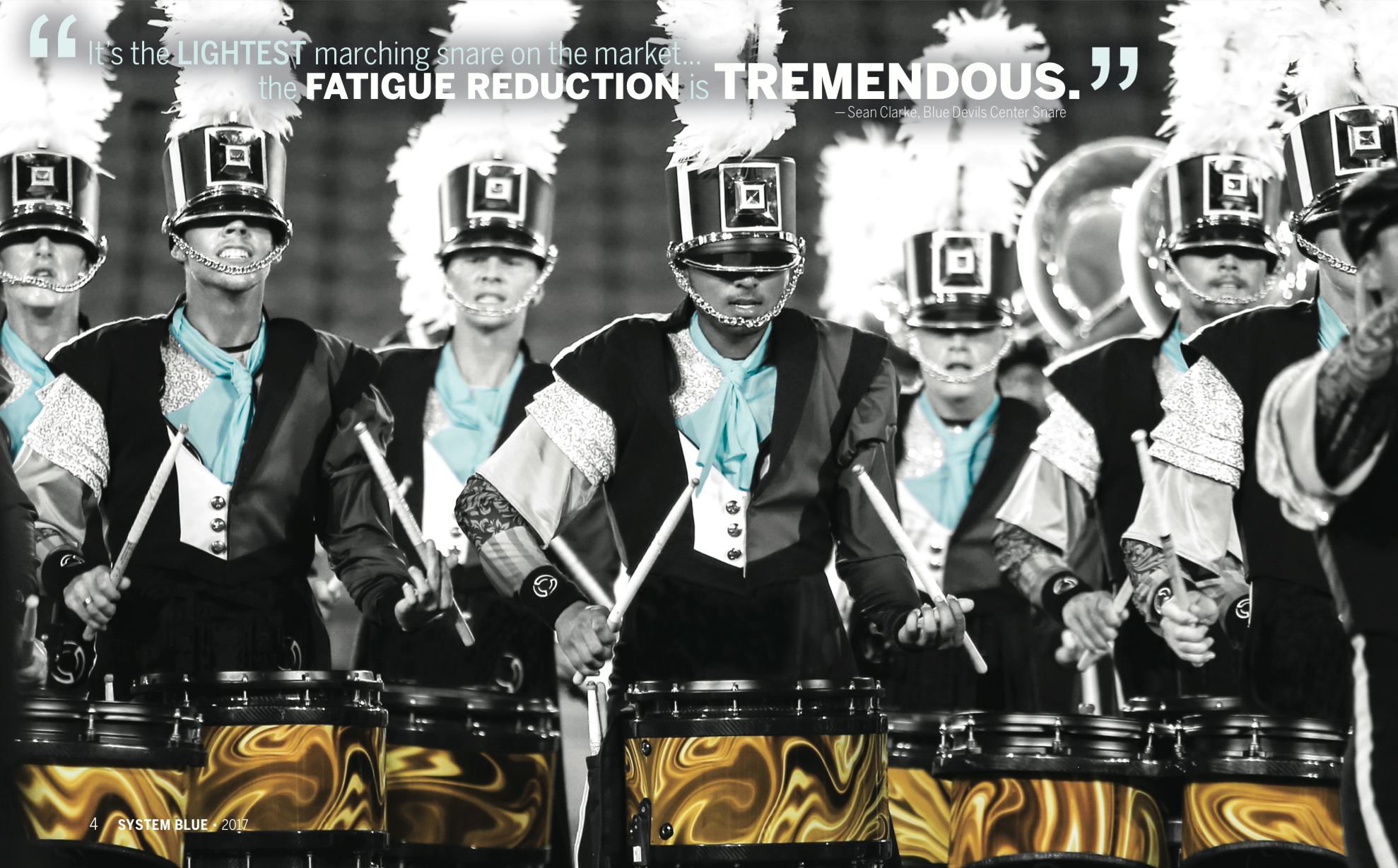A Millennial Marketer On His Generation’s Paradox
I am in the weird, perhaps contradictory position of being a marketer and a millennial at the same time. It’s a role that has some power: Millennials are by far the most coveted contemporary demographic for marketers like me. With 75 million of us under-35-somethings in the US today, we’re the country’s largest demographic group, and we spend $600 billion annually (and $1.4 trillion by 2020, if you want something to look forward to). With our fledgling market only becoming more central to the larger economy in the next few years, I see my fellow marketers rushing to figure out how to categorize (and capitalize on) my generation faster than you can say “gold rush.”
 Is this really how we are?
Is this really how we are?
So far, this is what they’ve come up with for a definition of my generation: Millennials are narcissistic selfie-zombies who are somehow too idealistic and too broke to do much of anything. I would agree with the “broke” part of that description, but not much else. In fact, I would mark that economic disenfranchisement as our defining characteristic: we hold a collective $1.2 trillion in outstanding student loan debt, a figure that increases by $2,276 every second. We own less homes and less cars than the generation before us. We have been born into a shrinking, stratified economy that has slashed any sense of control we have about obtaining upwards mobility — far from myths about our supposedly starry-eyed optimism.
As a Millennial marketer, how can I resolve the paradox of my generation? My demographic represents the future economy’s largest potential market, but we’re also the market economy’s greatest casualty. We spend less and take less financial risks than our predecessors. The vast majority of marketing, on a very basic level, appeals to a sense that consumer spending is a method of obtaining financial security and emotional satisfaction. That equation doesn’t work as well for a demographic that has already been denied both, before our lives have even started; having been prematurely excluded from prosperity, we don’t trust money’s ability to earn us economic freedom, and even if we did, we don’t have funds to spend towards that goal.
What we really share as Millennials
I certainly don’t, at least. As I write copy that attempts to invent ways to ‘relate’ to my fellow Millennials, I can’t help but think that this is what we really share: not the narcissism we are accused of daily, nor our ‘obsession’ with technology sold to us by Gen Xers in Silicon Valley, but rather the damaged conditions of our collective future. It’s hard copy to write, but it wouldn’t be the first time this sentiment could be used for marketing success. Think about the 60s, when a youth-driven counterculture, largely springing out of reactions against the Vietnam War, created a valuable cultural category whose imagery and sentiment is still capitalized on by tie-dye fashions and hippie VWs today.
There are far more contemporary ways to respond to Millennials’ unease. Far from the hippies and the punks before us, we haven’t yet formed a collective, categorizable counterculture movement — we resist being grouped together (and as I’ve said, when other generations group us, they call us narcissists… which isn’t particularly appealing). Our social media is instead predicated on hyper-individualization: our personalities are defined and represented, not by our similarities to our peers in a group, but the extent to which we demonstrate our unique passions, our deviations from the norm. Amazon and Netflix have established marketing empires built around this principle: using collected data, they both can curate and recommend content to users based off perceptions of their individual interests and personalities. They manage to sidestep marketing altogether: Millennials perform the labor of demonstrating their taste, and services can merely fulfill that demonstrated interest, instead of convincing Millennials of their own desire.
Millennials crave personal connections, you marketers
No matter what era we’re in, I think one marketing truism will always be applicable: it’s important to build a relationship with your audience. Millennials crave personal connections just as much as anybody else; we might need those connections more as we face our uncertain prospects. Relate to us as individuals whose interests are unique, and whose time and money are not to be wasted. If this sounds like basic decency, it is; Millennials just want to be treated as fully-fledged adults, especially after years of being treated like smartphone-obsessed children, apathetic and detached, with no control of a future that has always been fast approaching.
Will Weatherly is a sophomore at Brown University and content marketer for Springfield Printing Corp. and Hydrate Marketing





Leave a Reply